Lancia 2000 classic cars for sale
The Lancia 2000 represents refined Italian engineering from the early 1970s, blending advanced technology with outstanding comfort and craftsmanship. Available as a Berlina or a Pininfarina-designed Coupé, its precise front-wheel drive and 2.0-litre boxer engine offer a unique driving experience rooted in Lancia tradition.
Search results
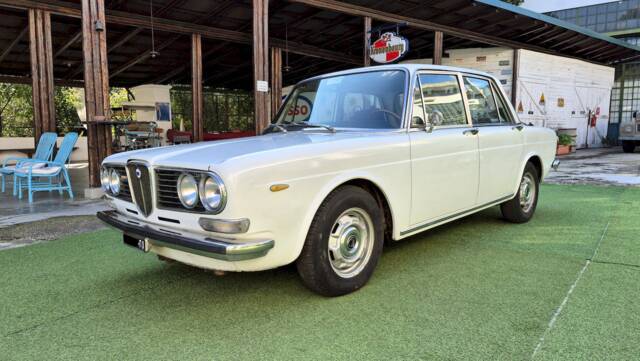
1972 | Lancia 2000 Iniezione
Lancia 2000 i.e. Berlina – 1972
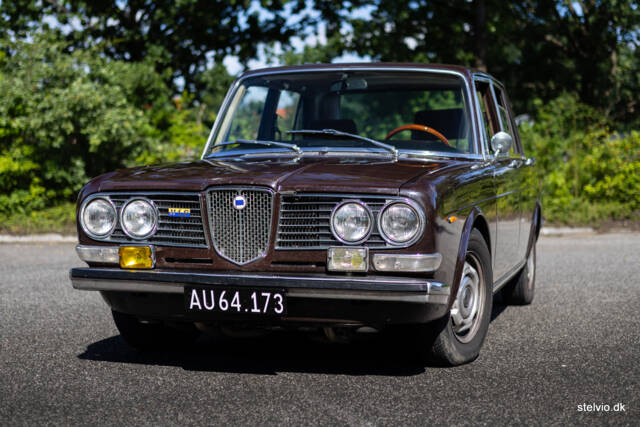
1973 | Lancia 2000 Iniezione
Lancia 2000 I.E. in stunning original condition, LHD For Sale
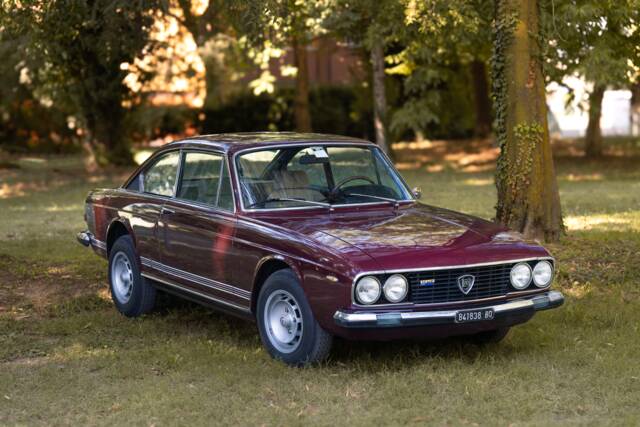
1973 | Lancia 2000 Coupe HF
ASI GOLD PLATE – 45,000 km – Excellent Condition
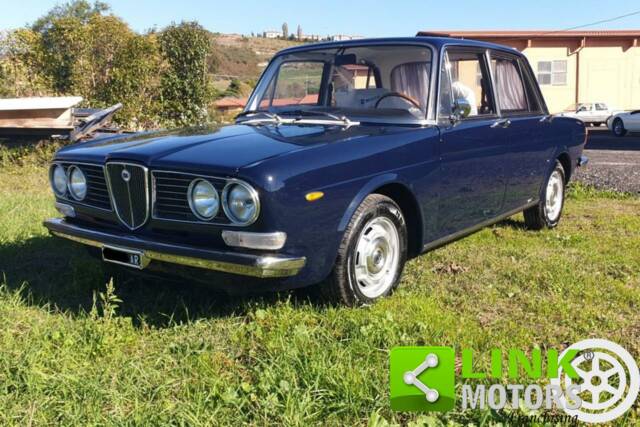
1972 | Lancia 2000
LANCIA 2000 Berlina M4 / da Restauro solo 7500 km
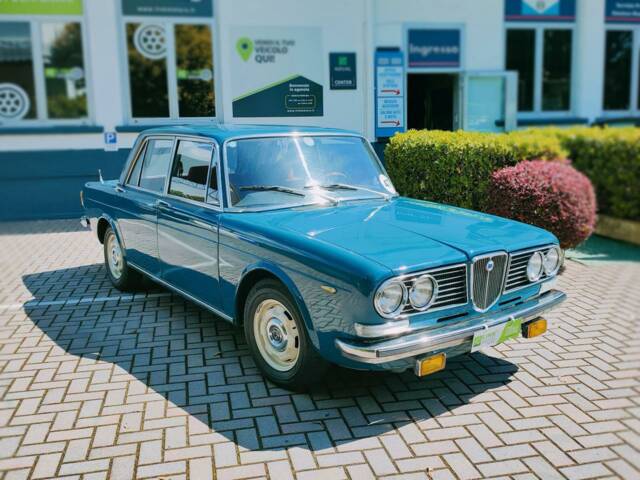
1971 | Lancia 2000
LANCIA 2000 carburatori
Lancia 2000 listing references from Classic Trader
Below you will find listings related to your search that are no longer available on Classic Trader. Use this information to gain insight into availability, value trends, and current pricing for a "Lancia 2000" to make a more informed purchasing decision.
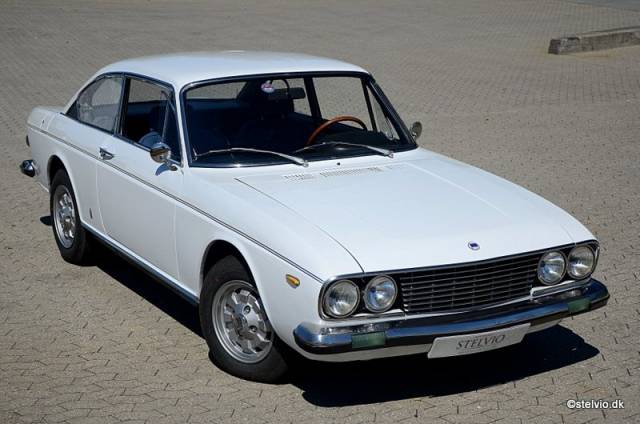
1972 | Lancia 2000 Coupe
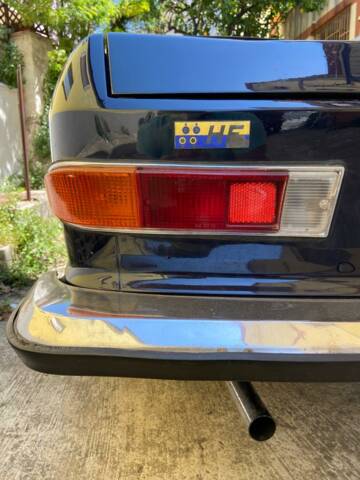
1973 | Lancia 2000 Coupe HF
Restaurata recentemente
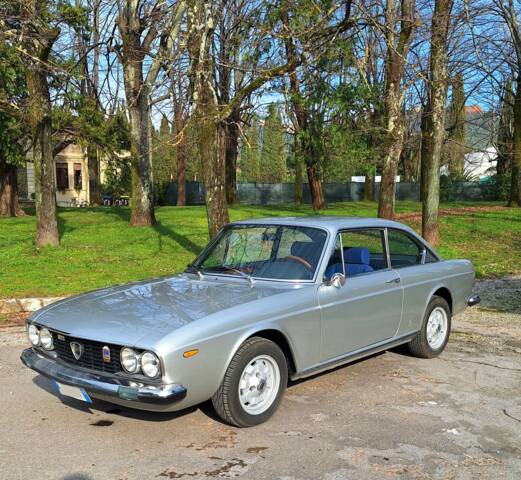
1972 | Lancia 2000 Coupe HF
FLAVIA HF - RESTAURO TOTALE
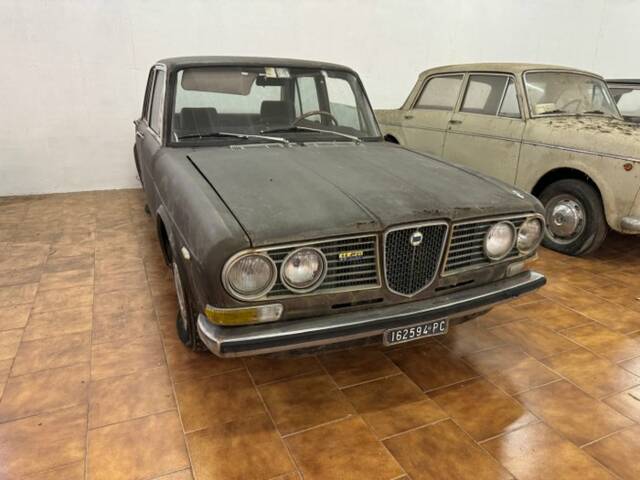
1973 | Lancia 2000
Lancia - 2000 - NO RESERVE - 1973
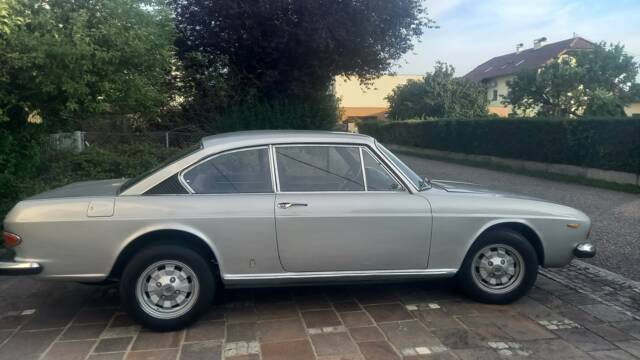
1971 | Lancia 2000 Coupe HF
1 of 1229
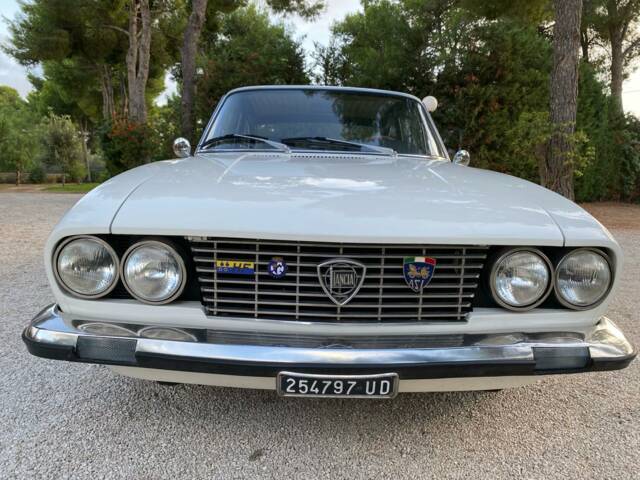
1973 | Lancia 2000 Coupe HF
LANCIA 2000 HF ( UNICA PER TIPOLOGIA DI RESTAURO)
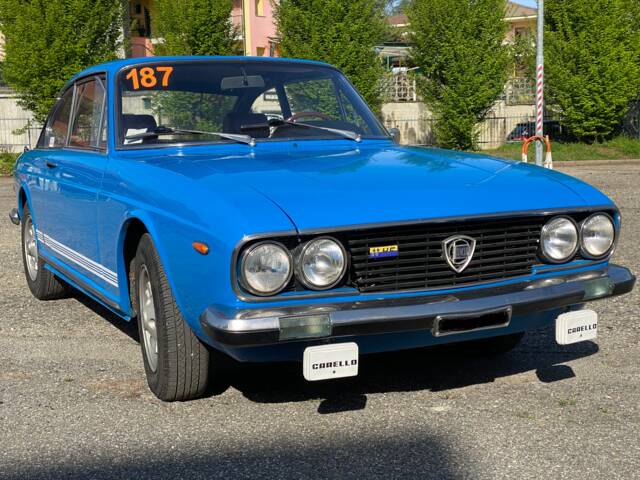
1972 | Lancia 2000 Coupe HF
restaurata totalmente
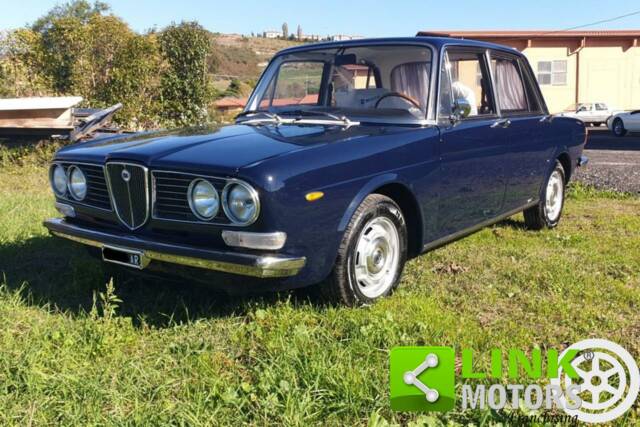
1972 | Lancia 2000
LANCIA 2000 / Solo 7500 km / Restaurata
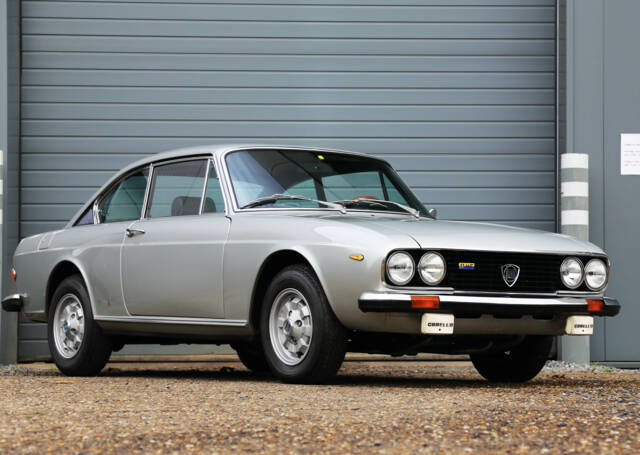
1972 | Lancia 2000 Coupe HF
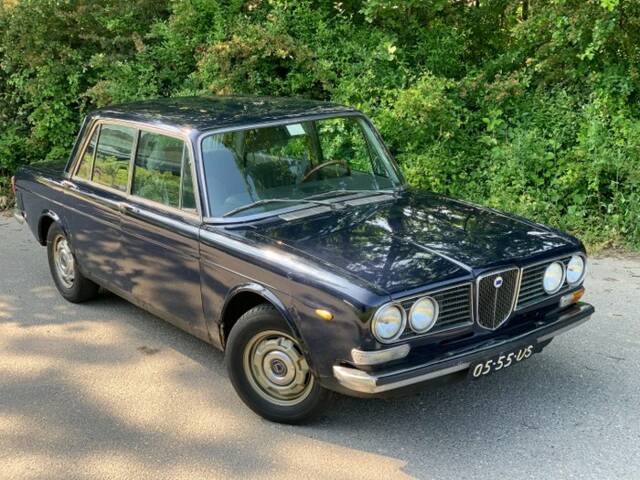
1972 | Lancia 2000
Lancia - Lancia 2000 Berlina - 1972
Lancia 2000 Classic Cars: Prices & Market Values
The market value of Lancia 2000 classic cars is primarily determined by the specific manufacturer code and variant, as well as technical condition, originality and mileage. Additional factors include rarity, history and documentation. A well-maintained, largely original vehicle with low, verifiable mileage and complete history including appraisals and documentation typically achieves significantly higher prices than a comparable vehicle with deferred maintenance, many modifications or unclear provenance.
Lancia 2000: Market Prices & Value Trends
Based on Classic Trader marketplace sales data from January 2021 to January 2026, the Lancia 2000 market in Europe looks broadly stable with a mild upward bias for the most desirable variants. Most entries cluster around 1971–1974 cars, and the pricing clearly splits by specification: standard Lancia 2000 saloons and non-HF Coupés commonly sit in the high four figures to mid-teens, while the rarer 2000 Coupé HF commands a noticeable premium. Ignoring a handful of very low and very high outliers, a realistic current market range is roughly £8,000–£20,000 for typical 2000 and Iniezione examples, and about £26,000–£36,000 for well-presented 2000 Coupé HF cars. Italian adverts dominate the dataset, with additional pricing signals from Belgium, France, the Netherlands, Denmark and occasional UK listings. For buyers, this means good cars are still attainable, but HF values remain firm thanks to limited supply, period competition links and growing interest in understated Italian GTs.
History of the Lancia 2000
The Lancia 2000, produced between 1971 and 1974, marks the end of an era for Lancia as the final major model developed before Fiat's acquisition in 1969. Based on the innovative Lancia Flavia, the 2000 inherited its predecessor's technical base, but was further refined in both engineering and design. Upon its market launch, the 2000 distinguished itself in the executive class with attention to detail, high-quality interior finishes, and technical innovations. Pietro Castagnero, renowned for his work on the Fulvia, shaped the Berlina's styling, while the dramatic Coupé was penned by Pininfarina. A signature grille referencing the Aurelia lineage and a blend of wood and velour in the interior set new standards for Italian automotive luxury.
Model History
Successor to the Flavia, the Lancia 2000 was offered in two main body styles: the Berlina (saloon) and a sporty Coupé. The Berlina targeted upper-middle-class buyers in Italy and beyond, carrying over the solid Flavia platform but introducing modern luxury and features. The 2000 Coupé, designed by Pininfarina, stood out with a striking rear end and distinctive notchback tail. Limited production numbers characterised both variants, reinforcing their exclusivity: just over 5,400 Berlina 2000 i.e. saloons and approximately 1,400 Pininfarina Coupés were built. The HF sport variant crowned the series with extended performance credentials. Production concluded in late 1974, leaving a legacy of engineering precision and Lancia individuality before the shift to Fiat platforms.
Highlights and Special Features
The Lancia 2000 set benchmarks for quality and innovation in its segment. The 2.0-litre flat-four engine came in carburettor and later Bosch D-Jetronic electronic fuel injection versions. Notable features included a 5-speed 'dog-leg' ZF gearbox, independent suspension all-round, power steering, disc brakes on all wheels, and an interior adorned with luxury details like mahogany and ebony inlays, velour (and sometimes leather) seats, and extensive chrome accents. The Berlina boasted rear window curtains and available four-way electric windows, while the Coupé HF integrated sportier touches such as Cromodora magnesium wheels, Nardi steering wheel, and upgraded brakes. These features cemented the 2000 as a top-tier Italian executive car of its period.
Technical Data
Special Editions and Collectible Models
The 2000 HF Coupé stands as the most exclusive 2000 variant, integrating Bosch D-Jetronic injection, special Cromodora magnesium wheels, upgraded duplex brakes, and luxurious sports interior elements. Just 2,500 HF models were built, each evidencing specific modifications, including dashboard instrumentation derived from the Ferrari Daytona. Certain models were ordered in rare factory colours, and a handful came with special-order interiors or bespoke configurations, enhancing their value among collectors. Production numbers for these limited versions further underscore their collectability.
Engine, Performance, Transmission and Handling
A standout in its class, the Lancia 2000 featured a robust 2.0-litre flat-four engine. Early carburettor models delivered 115 PS; later Bosch-injected variants reached 125 PS, and the HF Coupé raised power output to around 140 PS. Front-wheel drive and independent suspension distinguished the Lancia from most rivals, providing superb traction and composed handling. The ZF 5-speed gearbox, notable for its 'dog-leg' shift pattern, encouraged spirited driving, while all-round disc brakes delivered confident stopping power. The HF Coupé boasted impressive performance, touching nearly 190 km/h and featuring refined chassis tuning for engaging driving dynamics. 1. Lancia 2000 Berlina i.e. (820.406): 125 PS, Bosch D-Jetronic injection, executive specification 2. Lancia 2000 Coupé (820.210): 115 PS, Pininfarina design, unique notchback tail 3. Lancia 2000 HF Coupé (820.200/210): up to 140 PS, sport modifications, limited production
Interior, Comfort, Exterior and Design
Lancia's attention to detail is immediately evident in the 2000's interior, which features premium woods such as mahogany and ebony, plush velour seating (optionally leather), and carefully finished chrome accents. The Berlina's standard rear window curtain, sunblinds, and optional air conditioning heralded a new level of comfort for the era. The Pininfarina Coupé took Italian design to elegant extremes with its characteristic swan-tail rear, slender pillars, and harmonious proportions. The original magnesium Cromodora wheels on the Coupé and the availability of rare exterior paint colours further distinguish the 2000 range. Special interior fabrics and moquette carpets are valued preservation hallmarks. Many vehicles retain original brochures and literature, heightening their period appeal.
Other Noteworthy Features
Documentation for individual Lancia 2000s is typically comprehensive, with many vehicles accompanied by original sales literature, detailed service records, and complete ownership histories. Factory sunshades, rare special-order factory colours, and undisturbed spare wheel covers in the boot all add to a given car's originality and desirability among purists.
Summary
The Lancia 2000 series encapsulates the unique engineering ambition and craftsmanship that defined independent Lancia prior to the Fiat era. With advanced technical features, distinguished design by Castagnero and Pininfarina, and a choice between executive Berlina and graceful Coupé formats, the 2000 appeals strongly to discerning enthusiasts. Scarce production numbers and significant attention from buyers on the classic market underscore its ongoing desirability.




